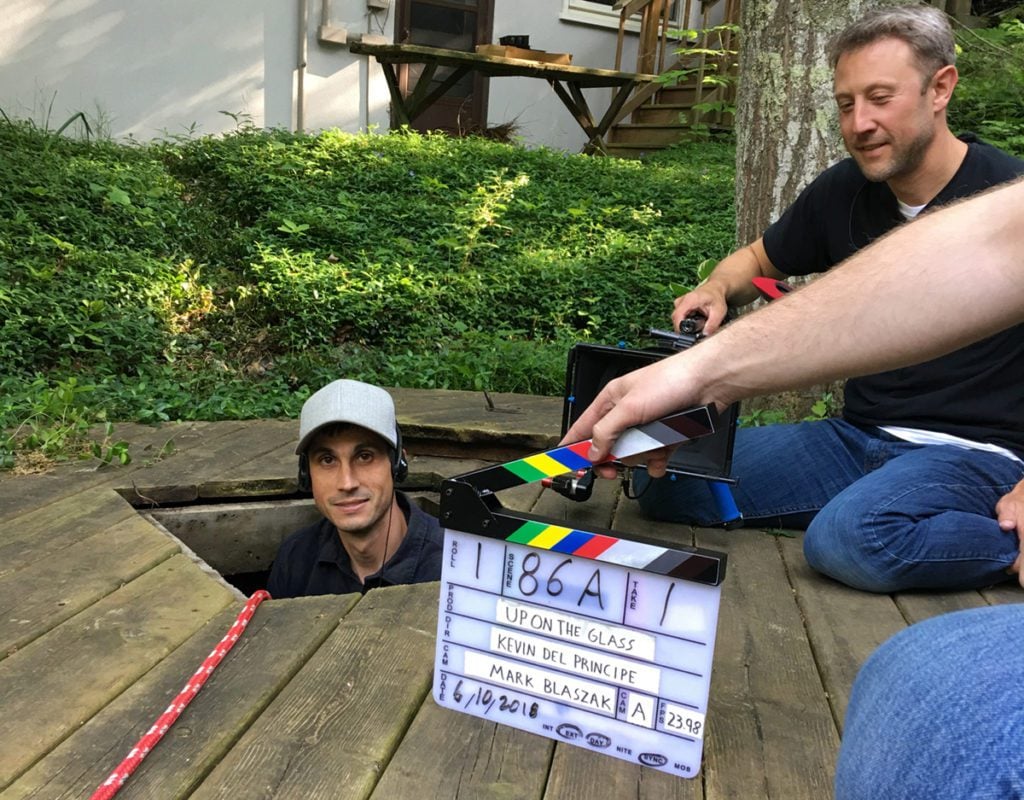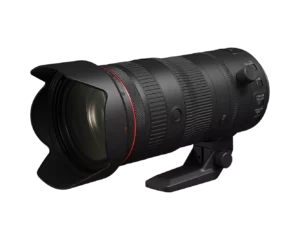
Free Live Webinars
Free Live Webinar Today! Beyond Traditional Shots | Innovative Camera Techniques – Led by Multi-Emmy® Award-Winning Filmmaker Shane Stanley
FREE Live Webinar Beyond Traditional Shots | Innovative Camera Techniques and Shot List Strategies Led by Multi-Emmy® Award-Winning Filmmaker Shane Stanley Webinar: Beyond Traditional Shots


